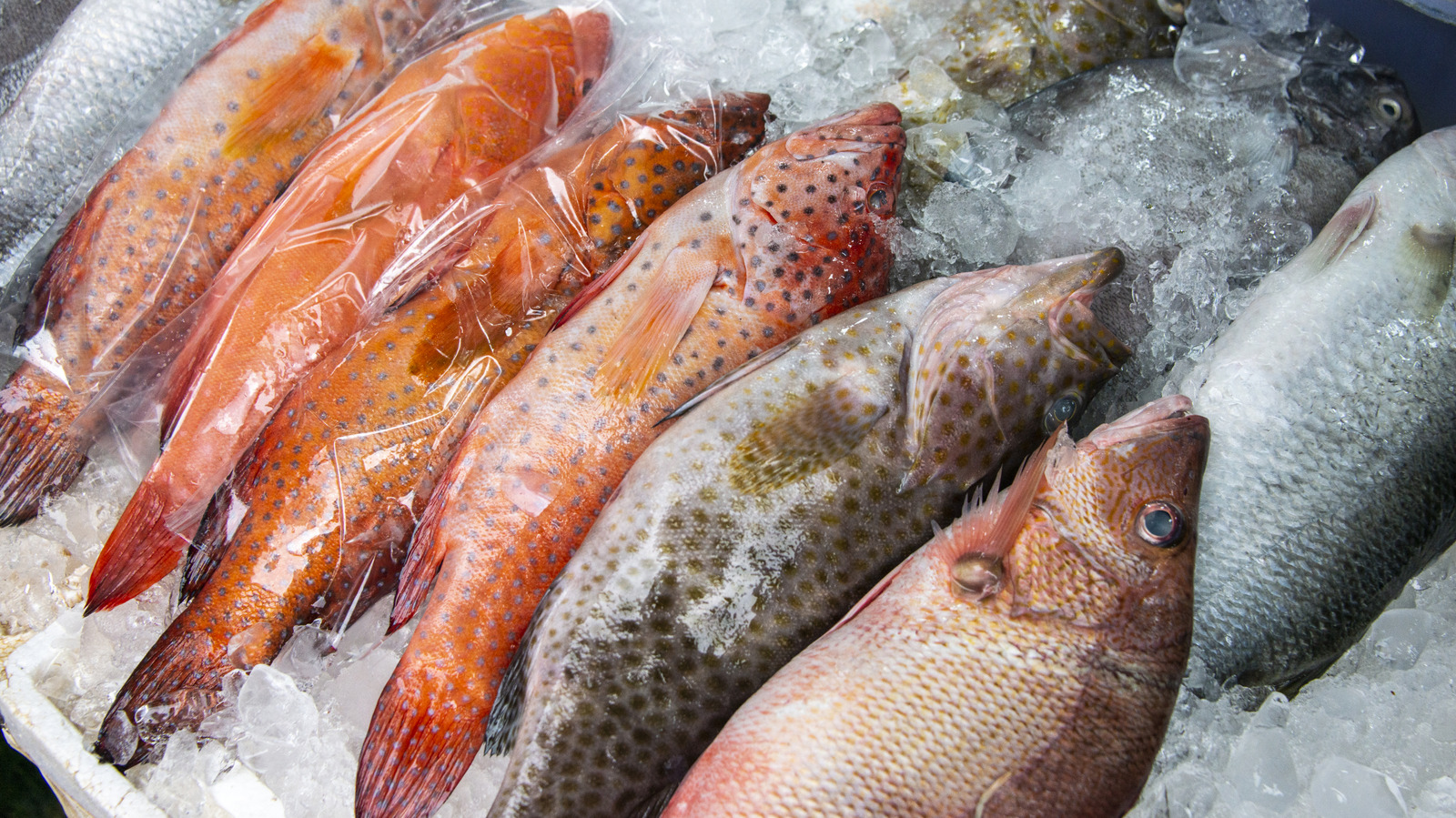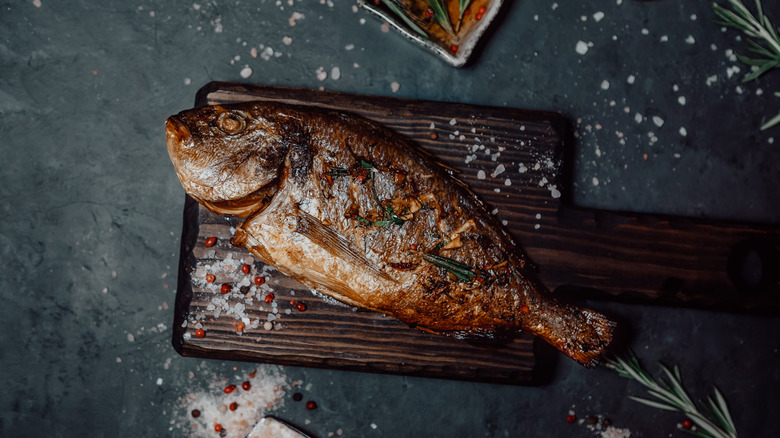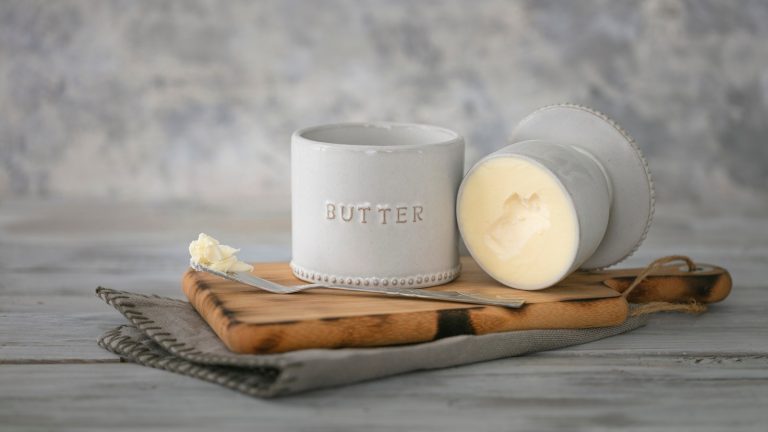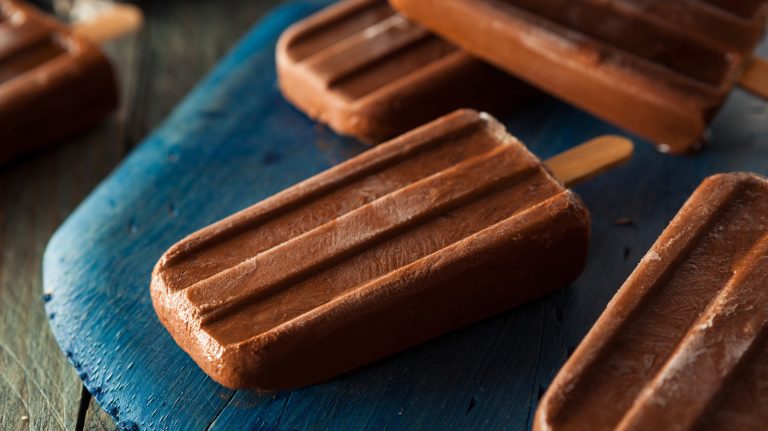Keeping frozen fish on hand is a huge time saver, except when you remember that you forgot to take it out in time to thaw before you cook it. Thankfully, you don’t actually have to worry about that. It’s best to properly thaw fish to ensure it cooks evenly and thoroughly, but as it turns out, you can actually skip this step if you are in a rush. You can simply pull it out at the last minute and cook it up in time for a fast and easy meal in a pinch. But does it still taste the same? Are there any special tricks involved?
Luckily, all those questions are easily answered. To begin with, we aren’t talking about frozen fish sticks (the good ones, the bad ones, and all the ones in between), which are obviously intended to be cooked from their frozen state. We are talking about any kind of fish, frozen while still fresh, so it retains all of its structural integrity, delicious flavor, and healthy nutrients. Simply remove it from the freezer when it’s time to start cooking, rinse it with fresh water and gently pat it dry, then give it a light brushing of a fat, like olive oil or a marinade, and season it as desired. Voila! You are ready to cook!
From there, you can cook it any way you’d like, either frying, baking, grilling, or poaching; you’ll just want to give it a few extra minutes to cook to account for the fishing starting from a frozen state. You’ll want to add as much as 50% more cooking time to ensure it is cooked thoroughly to a safe internal temperature of at least 145 degrees Fahrenheit.
Some fish perform better than others
Whether you’re buying frozen fish from the store or catching it to save for later, freezing fish is simply a good idea. When you’ve got plenty of servings stashed away for a last-minute dinner, all you really have to worry about is choosing the best sides to go with your meal. But does this time-saving hack work with any type of fish? The answer is actually a bit nuanced. For one, the size of the fish can have an impact. For example, the larger the fish, such as a large cut of salmon or tuna, the less likely the center will reach the right temperature before the outside is overcooked and dry, or worse, burned.
In addition, some fish simply perform better than others once they’ve been frozen because the fat content of a fish a lot to do with how it handles the freezing and cooking processes. Fish high in fatty oils like salmon and mackerel will come out a bit mushier once they’re cooked, whereas less fatty fishes like tilapia and cod will cook up nicely, maintaining their structural integrity well during the cooking process.
When it comes to selecting a cooking method, it might be tempting to get out the frying pan for a beautiful brown sear, but this is one method you’ll want to avoid no matter which type of fish you’re working with. Frozen fish will defrost as it cooks, releasing liquid in the process. This will create a steam bath for your fish, and you won’t get the crispy surfaces you want from searing. Instead, opt for other methods like poaching, baking, or broiling that won’t be as strongly impacted by this issue and will instead let you enjoy the full flavor of the fish.






